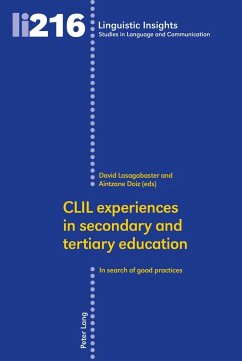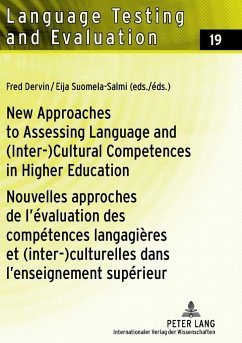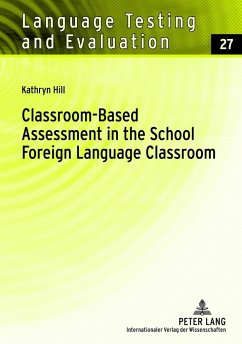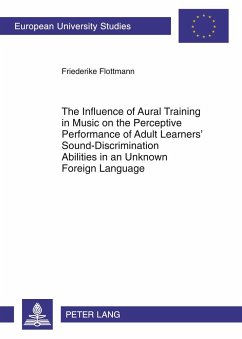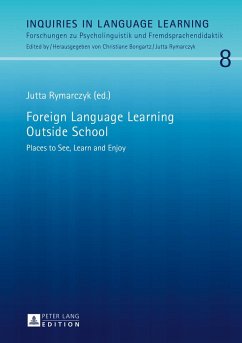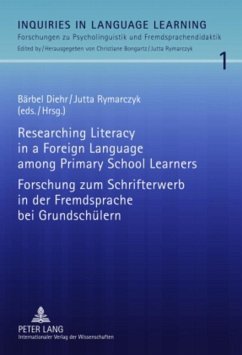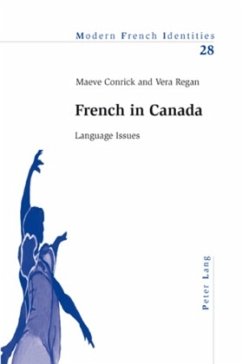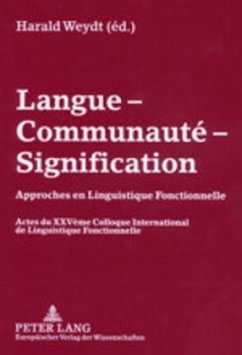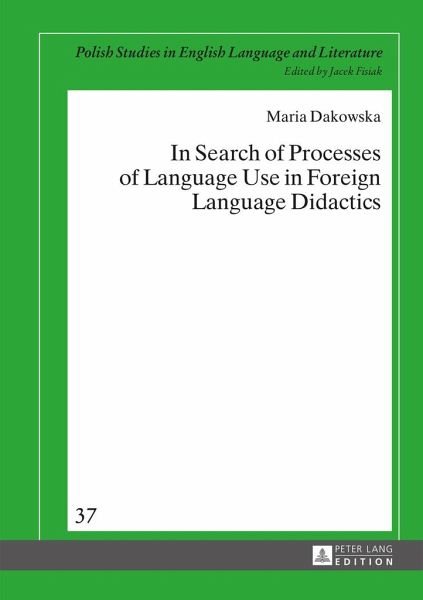
In Search of Processes of Language Use in Foreign Language Didactics
Versandkostenfrei!
Versandfertig in 6-10 Tagen
94,05 €
inkl. MwSt.

PAYBACK Punkte
0 °P sammeln!
The author addresses key questions of foreign language teaching: How does foreign language learning take place? What is the mechanism of foreign language use and learning? What are the sources of our understanding of these processes? What significance does our understanding have for foreign language teaching? The main argument is that, in order to deal with the complexity of language learning and meet the current demands for foreign language competency, we must employ the framework of an empirical, relatively autonomous discipline of Foreign Language Didactics, constituted as a "normal" scienc...
The author addresses key questions of foreign language teaching: How does foreign language learning take place? What is the mechanism of foreign language use and learning? What are the sources of our understanding of these processes? What significance does our understanding have for foreign language teaching? The main argument is that, in order to deal with the complexity of language learning and meet the current demands for foreign language competency, we must employ the framework of an empirical, relatively autonomous discipline of Foreign Language Didactics, constituted as a "normal" science which strives to understand foreign language learning as its subject-matter. This constructivist psycholinguistic conception targets language learning processes in the real world, i.e. as language use in the context of verbal communication, i.e. comprehension and production in speech and writing. The processes are represented as taking place in the learner's cognitive system for information processing in communicative interaction, a universal human phenomenon. This perspective leads to systematic options and strategies for the practical teaching of foreign languages with focus on English as a world language.





